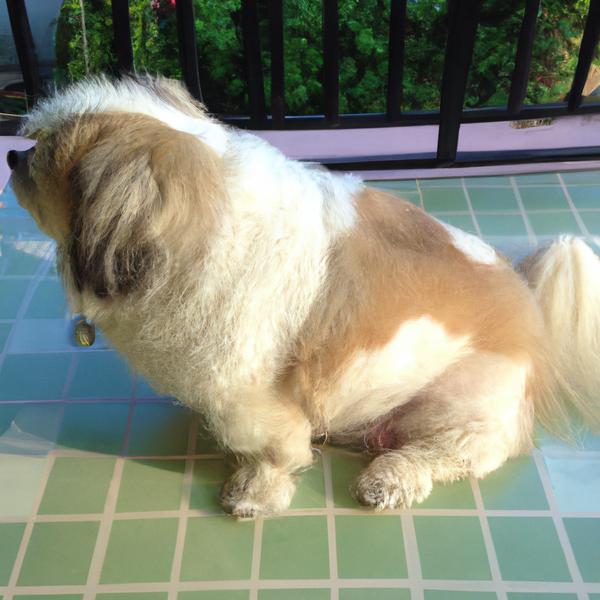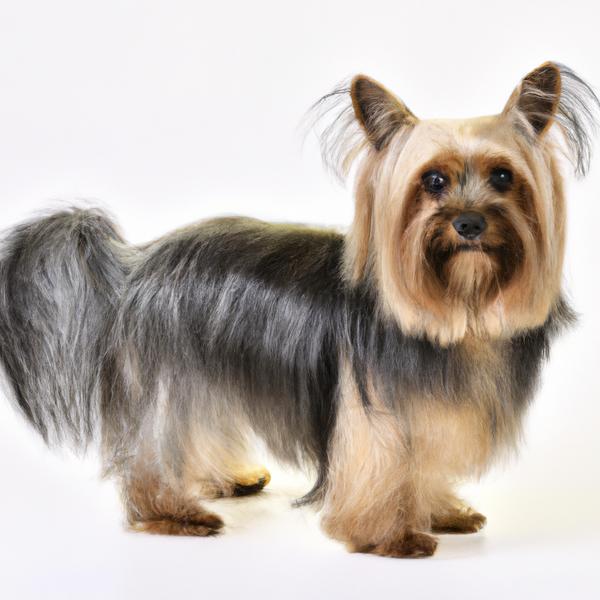Cheeks vs. Yorkillon: Breed Differences and Similarities
Hypoallergenic
Are Cheekss or Yorkillons hypoallergenic, or neither?
Unfortunately, neither Cheeks nor Yorkillon are hypoallergenic, which may not make them the best choice for dog lovers who suffer from pet allergies.
Temperament
What are the personalities of Cheeks and Yorkillon dogs?
Stubborn
Alert
Courageous
Intelligent
Affectionate
Quick
Devoted
Lively
Aggressive
Good-natured
Opinionated
Playful
Independent
Happy
Energetic
Alert
Courageous
Intelligent
Friendly
Loyal
Shedding Level
Do Cheekss shed more than Yorkillons, or which breed sheds more, Cheekss or Yorkillons?
Cheekss are low shedding dogs, requiring minimal coat care.
Yorkillons shed very little hair, making them a great choice for those who dislike excess hair in the house.
Watchdog Ability
Which dog breed makes a better watchdog, the Cheeks or Yorkillon?
Cheeks or Yorkillon breed are not the best choices if you want a good watchdog.
Ancestry
What are the origins of Cheeks and Yorkillon breeds?
Pekingese, Chihuahua
Yorkshire Terrier, Papillon
Breed recognition
Which kennel clubs recognize/register Cheeks and Yorkillon?
ACHC = American Canine Hybrid Club
DBR = Designer Breed Registry
DDKC = Designer Dogs Kennel Club
DRA = Dog Registry of America, Inc.
IDCR = International Designer Canine Registry®
ACHC = American Canine Hybrid Club
DDKC = Designer Dogs Kennel Club
DRA = Dog Registry of America, Inc.
IDCR = International Designer Canine Registry®
DBR = Designer Breed Registry
Date of Birth
When were Cheeks and Yorkillon breeds first developed?
Unknown
Litter Size
What is the usual litter size for Cheeks and Yorkillon?
A Cheeks can have a litter of 2-4 puppies on average. However, it's worth noting that the size of the litters can vary greatly. Factors that can influence litter size include the health of the mother, breeding history, and genetics.
A Yorkillon can have a litter of 4-6 puppies on average. However, it's worth noting that the size of the litters can vary greatly. Factors that can influence litter size include the health of the mother, breeding history, and genetics.
Adaptability
Cheeks and Yorkillons are known for their adaptability and versatility. They are capable of adapting well to a wide range of lifestyle changes and living environments, making them great companions for families and individuals of all lifestyles.
Health Issues
Between Cheeks and Yorkillon, which breed is more prone to health problems?
The Cheeks and Yorkillon breeds are commonly healthy with low vet costs, regular check-ups may not be as necessary but it's important to keep an eye on their health and have them checked by a veterinarian when needed.
Major Concerns
What are the major health concerns for Cheeks and Yorkillon breeds?
Patellar Luxation
Hydrocephalus
Mitral Valve Disease
Patellar Luxation
Portacaval Shunt
Deafness
Hip Dysplasia
Hypoglycemia
Mitral Valve Disease
Legg-Calve-Perthes Disease
Collapsed Trachea
Minor Concerns
What minor health issues should be kept in mind when owning Cheeks and Yorkillon?
Skin Problems
Eye Problems
Heart Problems
Cataracts
Von Willebrand's Disease
Follicular Dysplasia
Progressive Retinal Atrophy (PRA)
Occasional Tests
What occasional tests are recommended for Cheeks and Yorkillon breeds?
Knee
Heart
X-Rays
Physical Examination
Eye
Heart
Liver Ultrasound
X-Rays
Endoscopy
Complete Physical Examination
Hip and Knee
DNA
Energy
How do the energy levels of Cheekss and Yorkillons compare?
Cheekss have low energy levels, ideal for a relaxed lifestyle.
Yorkillons' high energy levels make them unsuitable for a low-key dog, choose accordingly.
Social Needs
Cheeks vs Yorkillon social needs comparison
Cheeks has above average social needs and thrives with interaction with humans and other dogs.
Yorkillon has very high social needs and requires regular mental and physical stimulation, a job or purpose, and companionship.
Exercise Needed
Cheeks vs Yorkillon exercise need comparison.
Cheekss require minimal physical activity for a healthy lifestyle.
Yorkillons need only a small amount of physical activity, ideal for busy or elderly people or those with limited space.
Sleeping Need
Which of the two sleeps the most/least: Cheeks or Yorkillon?
Cheekss are known for their relaxed and calm nature and enjoy long periods of sleep.
Yorkillons sleep less than other breeds but still need adequate sleep for good health.
Tendency to Bark
Do Cheekss or Yorkillons bark more/less frequently?
The Cheeks is a vocal breed that frequently barks and howls, and may not be suitable for those seeking a quiet companion.
Yorkillon dogs are generally less vocal than other breeds and only bark when necessary, such as to alert their owner or communicate.
Mouthiness
Mouthiness Comparison: Cheeks vs Yorkillon?
Roaming urge
Cheeks vs Labrador: Running away tendency?
Prey Drive
Cheeks or Yorkillon - which breed has a higher level of prey drive?
Tolerance of being left alone
Grooming
Which breed is easier to maintain in terms of grooming, Cheekss or Yorkillons?
The Cheeks requires an average amount of grooming compared to other breeds.
Yorkillons require significant grooming, including regular trims and professional grooming assistance to maintain their coat. They may also require frequent bathing to keep their coat and skin healthy.
Intelligence
Comparing Intelligence: Cheekss vs Yorkillons
Cheeks is an independent and stubborn breed with low obedience intelligence, making training a test of patience.
Yorkillons are average in obedience intelligence but have a high IQ and may cause trouble if left unsupervised.
Sensitivity Level
How do Cheeks and Yorkillon compare in sensitivity?
These breeds are more sensitive than others and easily overwhelmed by new surroundings and people. Cheeks and Yorkillon need gentle handling and a calm, stable home environment with positive reinforcement training.
Affection Dependance
Which is the more affectionate dog breed: Cheeks vs Yorkillon?
Apartment Friendly
Which breed is more apartment-friendly: Cheeks or Yorkillon?
Cheekss make excellent apartment dogs, being fairly active indoors and not requiring a yard.
The Yorkillon is a great apartment dog, thriving with sufficient exercise and time outside as part of their daily routine.
Child Friendly
Do Cheekss or Yorkillons have a friendlier temperament towards children?
Cheekss are not suitable for children.
Yorkillons have an average level of friendliness towards children.
Senior-friendly
Which dog is more suitable as a pet for the elderly - Cheeks or Yorkillon?
Cat Friendly
Do Cheeks or Yorkillon breeds have a better compatibility with cats?
Cheekss and Yorkillons are very cat friendly dogs. They generally make good companions for cats.
Dog Friendly
Which breed is more sociable with other dogs: Cheeks or Yorkillon?
Cheekss are average in their friendliness towards other dogs, and socialization can help.
Yorkillons are less friendly towards other dogs, but can improve with socialization.
Pet friendly
How do Cheeks or Yorkillon dogs interact with other pets?
Stranger Friendly
Which breed is more friendly with strangers: Cheeks or Yorkillon?
Cheekss are averagely friendly around strangers but benefit from early socialisation.
Yorkillons are friendly but may bark at strangers, and training is easy due to their intelligence.
Playfulness
Which breed is more playful between Cheeks and Yorkillon?
Cheekss are not known for being a highly playful breed.
Yorkillons are a playful breed that needs daily playtime to be happy.
Trainability
How do the trainability levels of Cheekss and Yorkillons compare?
Cheeks and Yorkillon dogs are known for their ease of training and ability to learn quickly, making them a popular choice for pet owners and trainers alike.
Compare Cheeks with other breeds
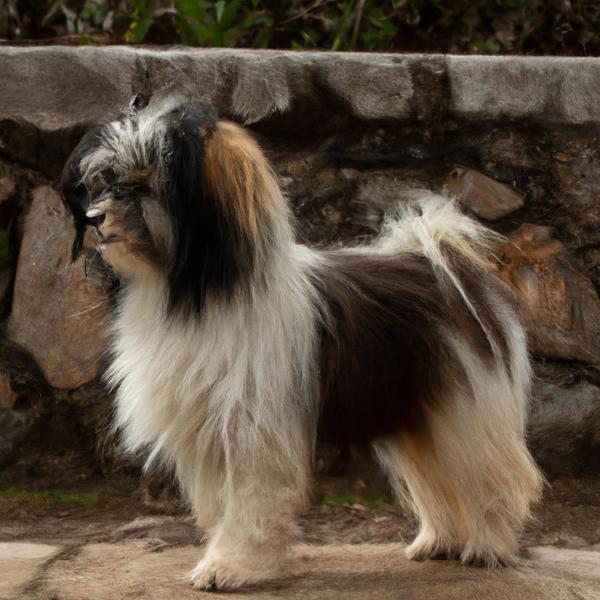
Tibepillon Terrier
Cheeks vs Tibepillon Terrier
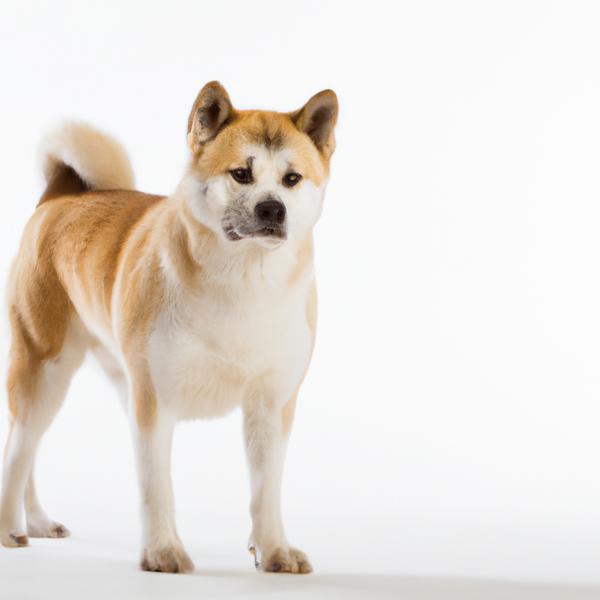
Sco-Shi
Cheeks vs Sco-Shi
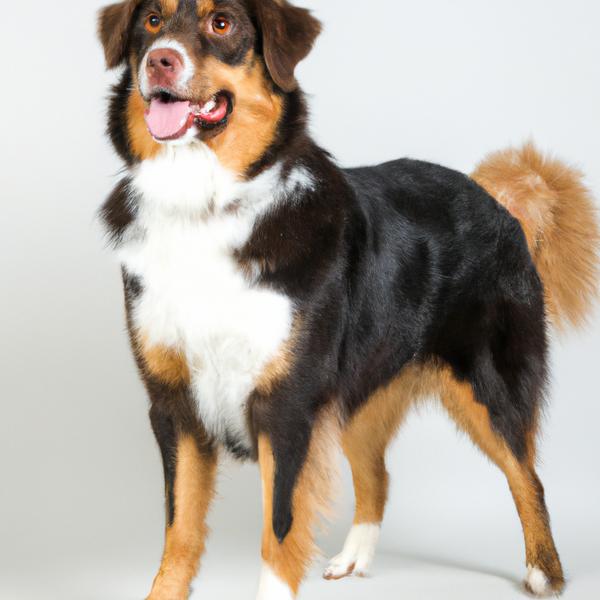
Aussiedor
Cheeks vs Aussiedor
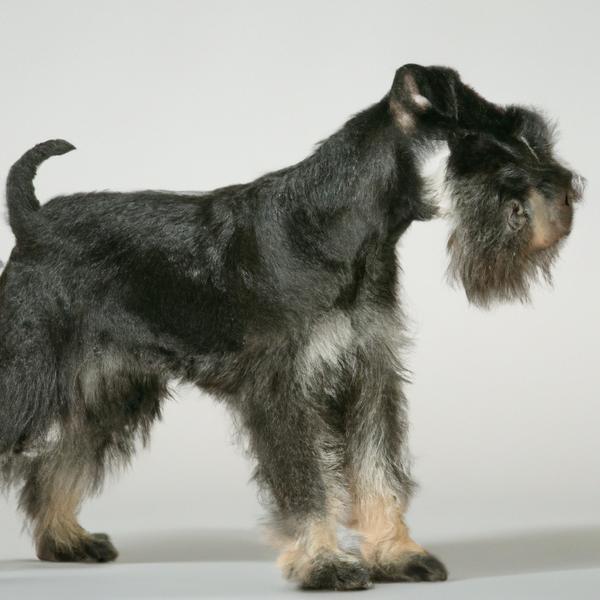
Miniature Irish Wolf Schnauzer
Cheeks vs Miniature Irish Wolf Schnauzer
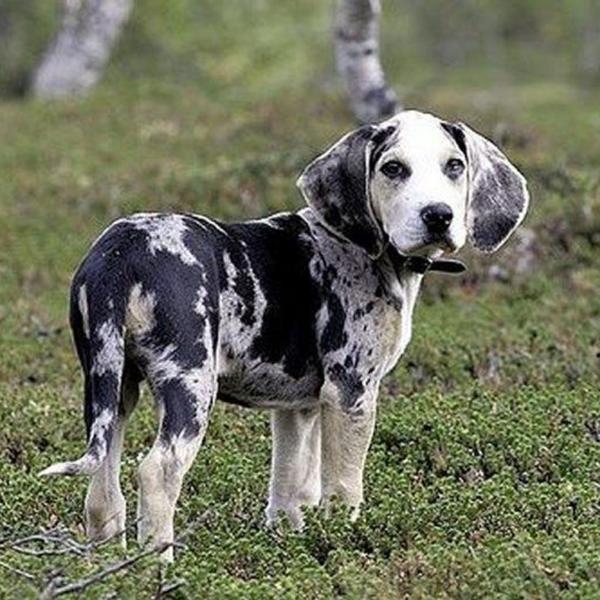
Dunker
Cheeks vs Dunker
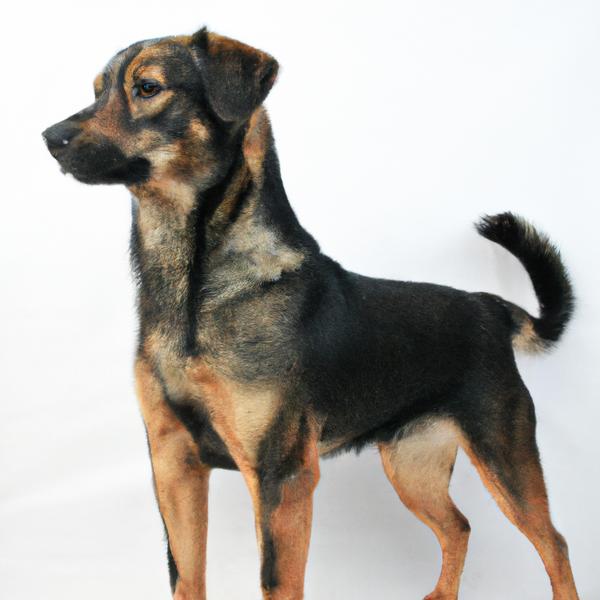
Chesador
Cheeks vs Chesador
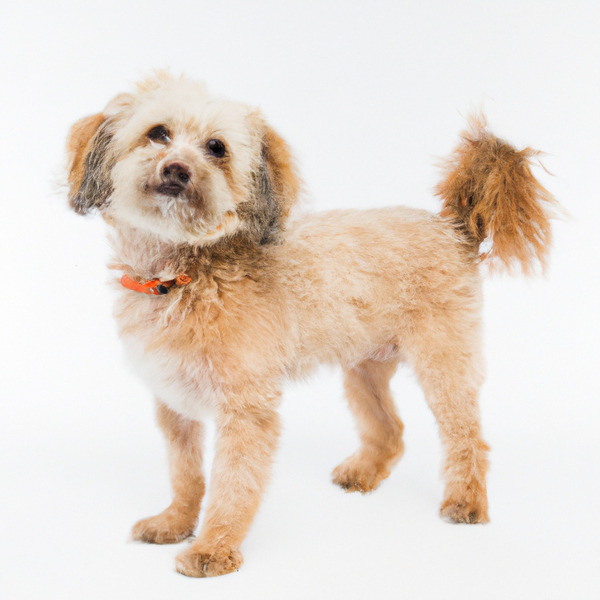
Pomapoo
Cheeks vs Pomapoo
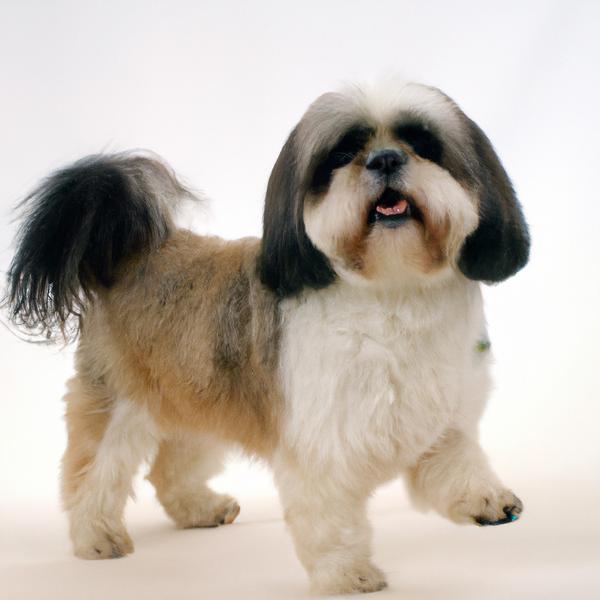
Lhasa Apso
Cheeks vs Lhasa Apso
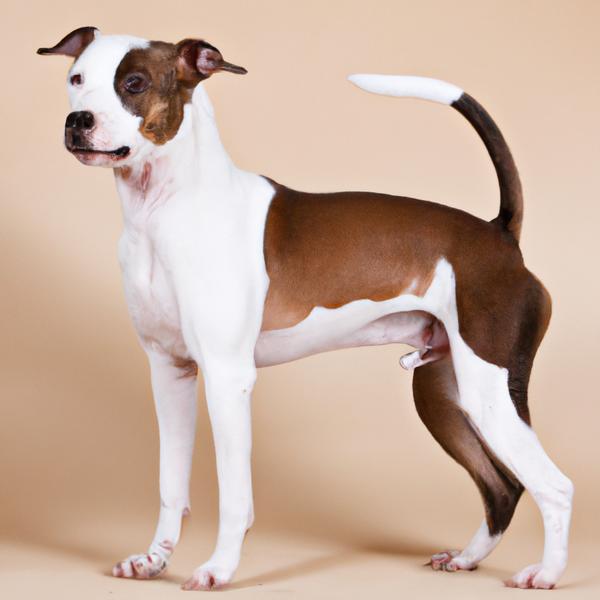
Boxapoint
Cheeks vs Boxapoint
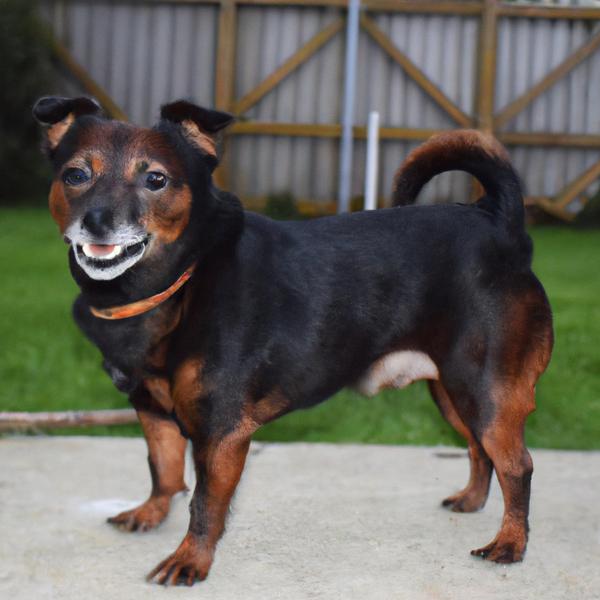
Patterjack
Cheeks vs Patterjack
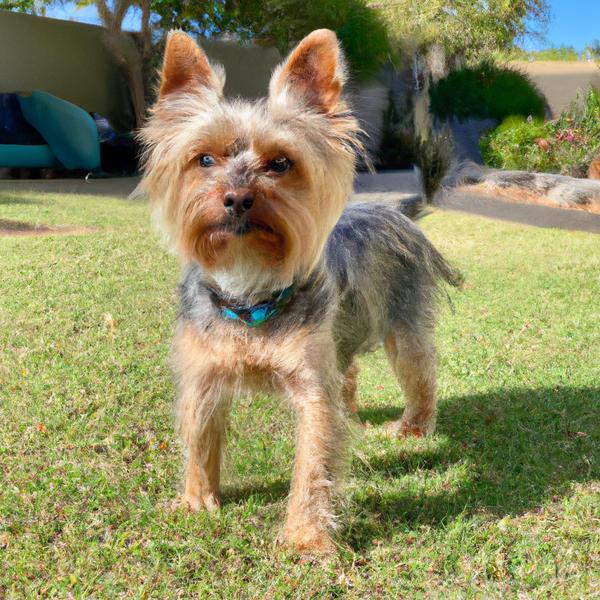
Australian Yorkshire Terrier
Cheeks vs Australian Yorkshire Terrier
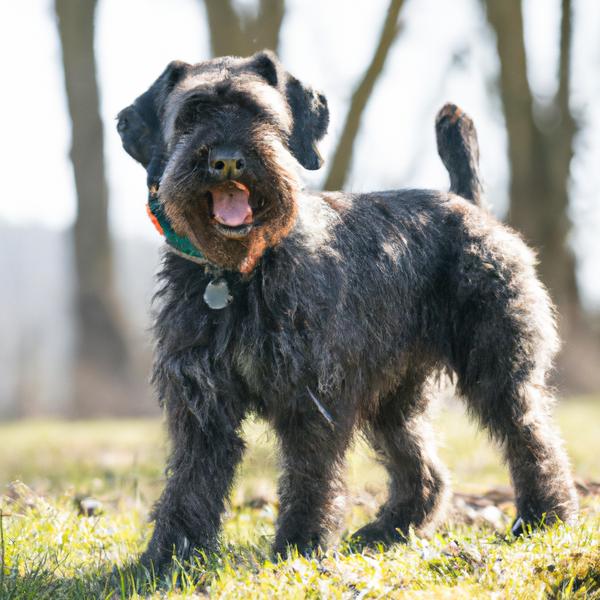
Bolonauzer
Cheeks vs Bolonauzer
